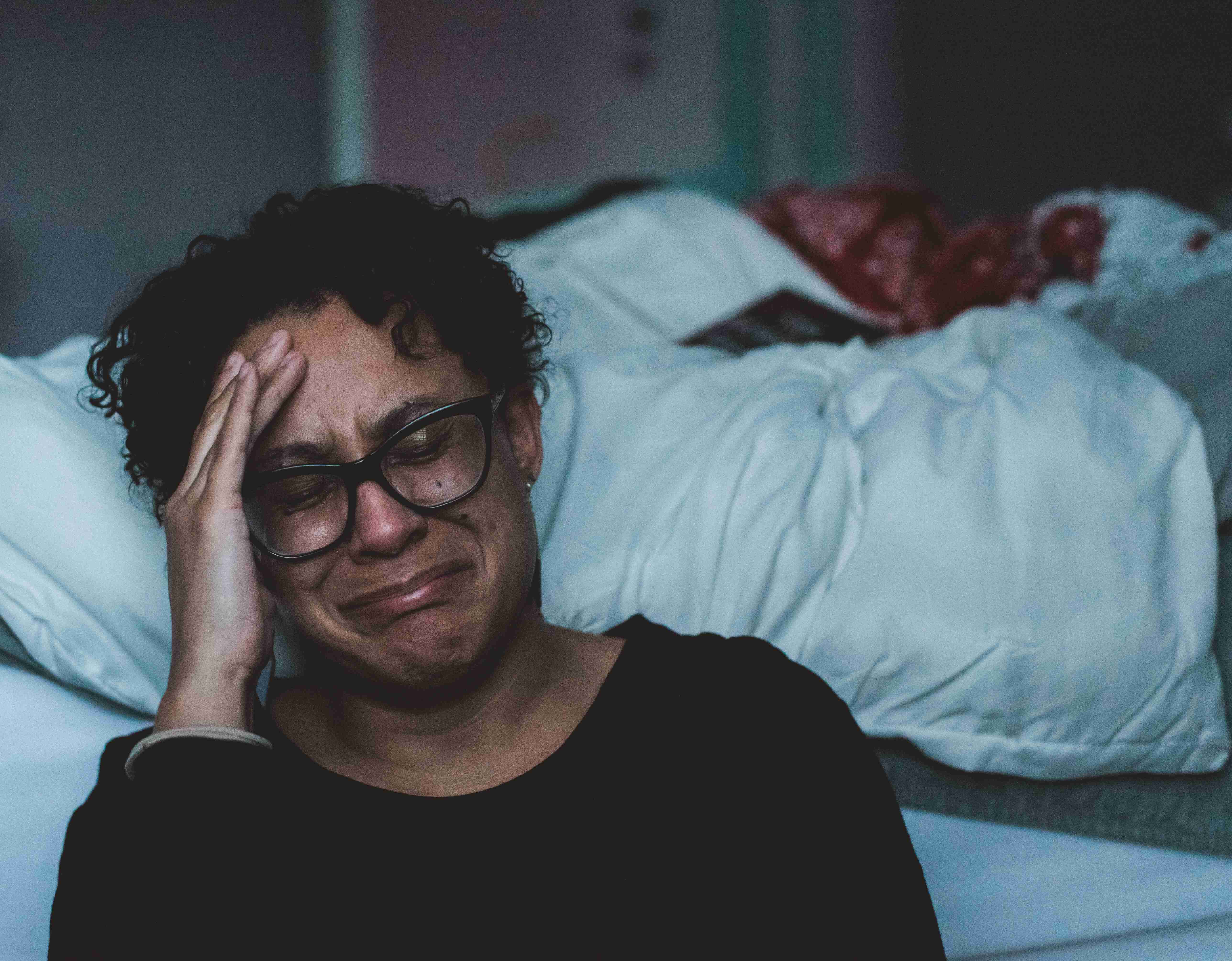
The pandemic and the subsequent monetary downturn have contrarily influenced numerous individuals’ psychological wellness. Around “4 out of 10 grown-ups in the U.S. have reported the signs of anxiety and depression during the pandemic”.
Oxford University’s research realized that coronavirus-diagnosed patients had double the chance of going through stress and nervousness than the virus-free individuals!
COVID-19 Factors contributing Mental Health Disorders
From a medical perspective, the virus muddles with your central nervous system. This results in swelling of brain tissue which leads to dizziness, confusion, and psychiatric upheavals.
Additionally, the pandemic has been a consequence of various circumstances, leading to stress and depression disorders:
- Job loss: Reports revealed the unemployment rates peaked at 14.7% – the highest level seen in history since 1948. Losing/ fear of being laid-off from the target field jobs have also been one of many reasons behind the population living through burdensome feelings and emotions.
- Home-schooling: Online classes were a challenge for pupils, parents, and teachers. Change of education style, internet availability, low-attention-spans of students studying online, extended duties on parent’s part was quite a challenge!
- Expenses: Many got unemployed during the pandemic! A less or no income situation forced individuals to deploy their savings.
- Limited access to medical care: Around 80,000 people expired due to drug overdoses in America in peak months of the Covid-19.
- Isolation from friends and family: And myriad other factors have been evidently affecting the mental health of people!
Pandemic influencing Mental Health Budgets across the globe
The Covid-19 pandemic has expanded interest in mental health systems. World Health Organization WHO publicized that preceding the coronavirus; the mental health sector grossed only under 2% by the majority country’s national budgets!
Behavioral Health groups got around $4 billion in budgets responding to the emotional wellness woes in the States! This budget is about 10 folds than spent in the past – yet medical health providers find it meager in contrast with alarming levels of mental health hoo-ha.
Since the pandemic started, $175 billion in crisis financing has been apportioned to emergency clinics and other clinical offices, yet not exactly a small part of 1% has gone explicitly to psychological wellness and mental health administrations.
Move for Mental Health Tips
WHO celebrated and preached this hashtag – #MoveforMentalHealth – on its social channels to make efforts and acknowledge this time to rejuvenate/ detox yourself; refresh relations with friends and family. Some useful tips to minimize these mental health pressures are:
- Follow authentic news sources
- Observe a routine
- Plan your financial resources
- Find an entertaining activity
- Reap benefits of this free time to improve yourself
- Limit your screen time
Follow authentic news sources
Gossip and false speculations can fuel suspense, stress, and uneasiness. Approaching authentic quality information about the coronavirus, and virus-related news can help you feel more in charge.
Observe a routine
Make your everyday routine and try to stick to it! It can be regarding planning time from sleeping schedules, to exercise/ walk, to the work-from-home timetable, family time, eating, to leisure pursuits.
Plan your financial resources
There is a vulnerability of adverse effects on your mental health if that the pandemic has extended your costs, diminished your pay or you bear job-loss threats. Plan your funds this colder time of year, you may use a budgeting tool to make potent attempts of maintaining a stable financial position in this time.
Find an entertaining activity
The heading is quite self-explanatory! Find or resume your passion: swimming, volunteering, baking, cooking, watching movies, gaming, etc.
Reap benefits of this free time to improve yourself
You may attend seminars, online pieces of training and certifications, learning new skills to ameliorate yourself. You might have lost a job during the pandemic – now is high time to improve your skillset, finding the most-relevant job positions for yourself, pursuing resume guidance, investigating, and applying most effectively.
Professional positions accept online applications today! Once you have personalized the key components of a resume as per the job ad and employment position – you may take free online resume evaluation or “ask help from an experienced friend or family member to proofread your resume for you”. This way you’re trying your best that your resume unlocks you a chance for a job interview!
Limit your screen time
Phones, laptops, TVs have indeed been quite helpful passing this time, but ensure being #HealthyAtHome and taking regular breaks for physical activities and eye-sight!
COVID-19 and Telehealth
Mandatory-social-distancing boosted the telemedicine sector by 154% in the mid-2020s. “46% of patients presently say they use telehealth for certain visits, contrasted with 11% in 2019”. 48% of doctors presently say they are treating patients through telemedicine”. Though telemedicine existed already, this pandemic altered health treatments for the greater part. Furthermore, mental health counseling benefitted masses online. Telehealth deals and financial investments went mammoth in 2020 – 46% more than in 2018.

